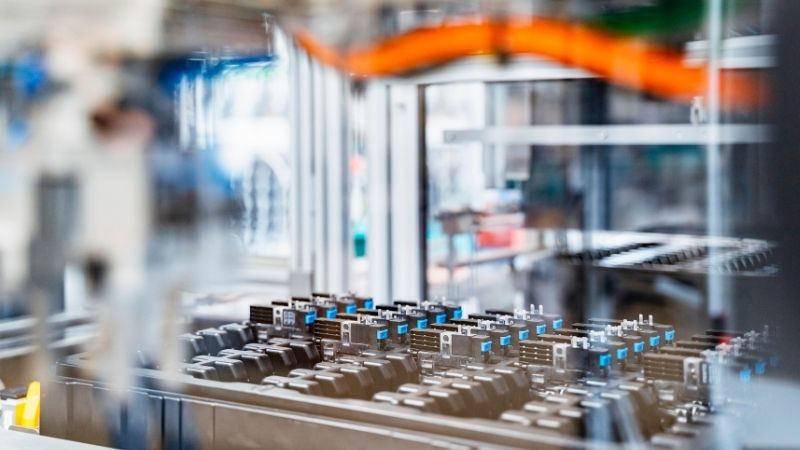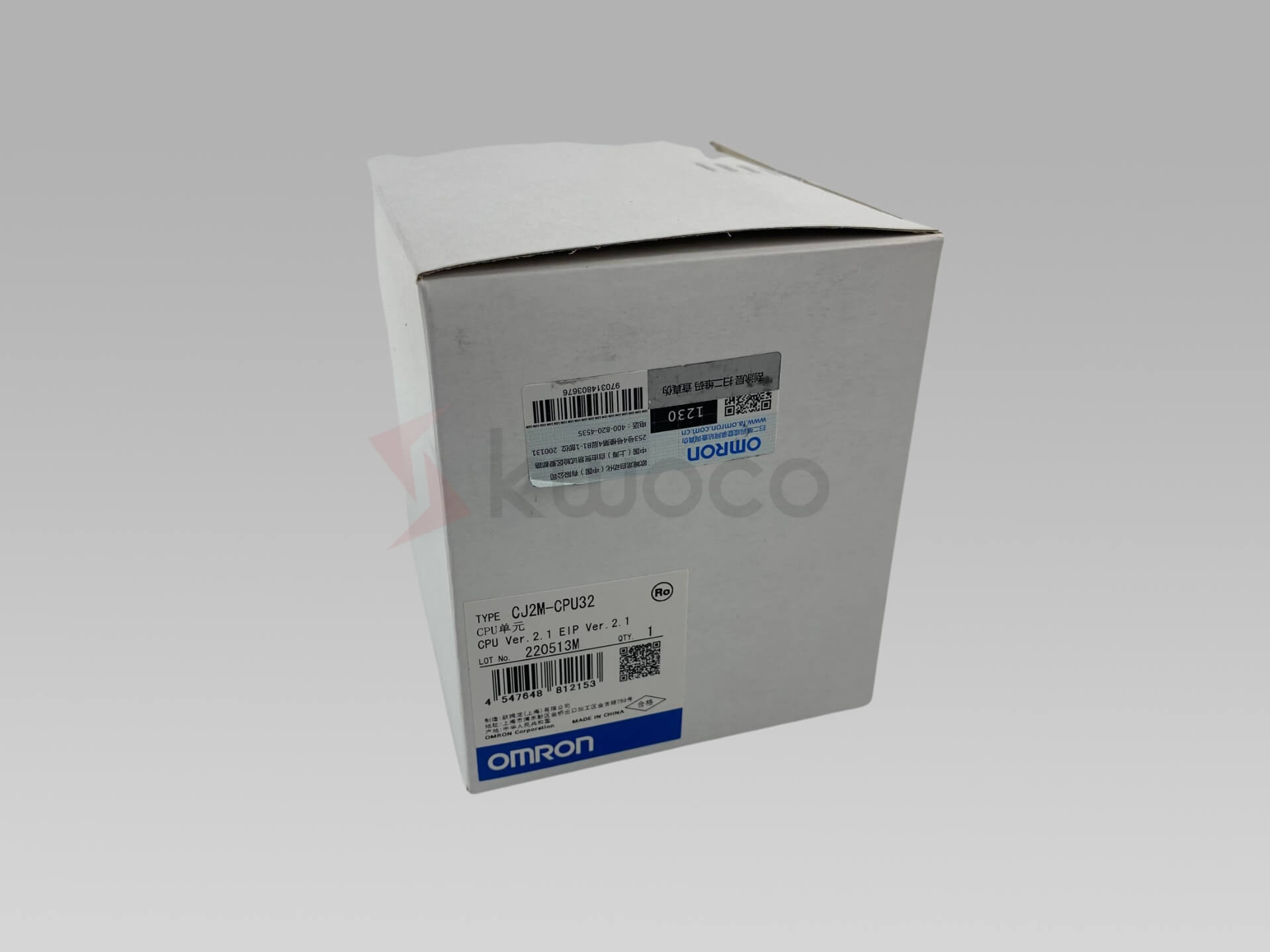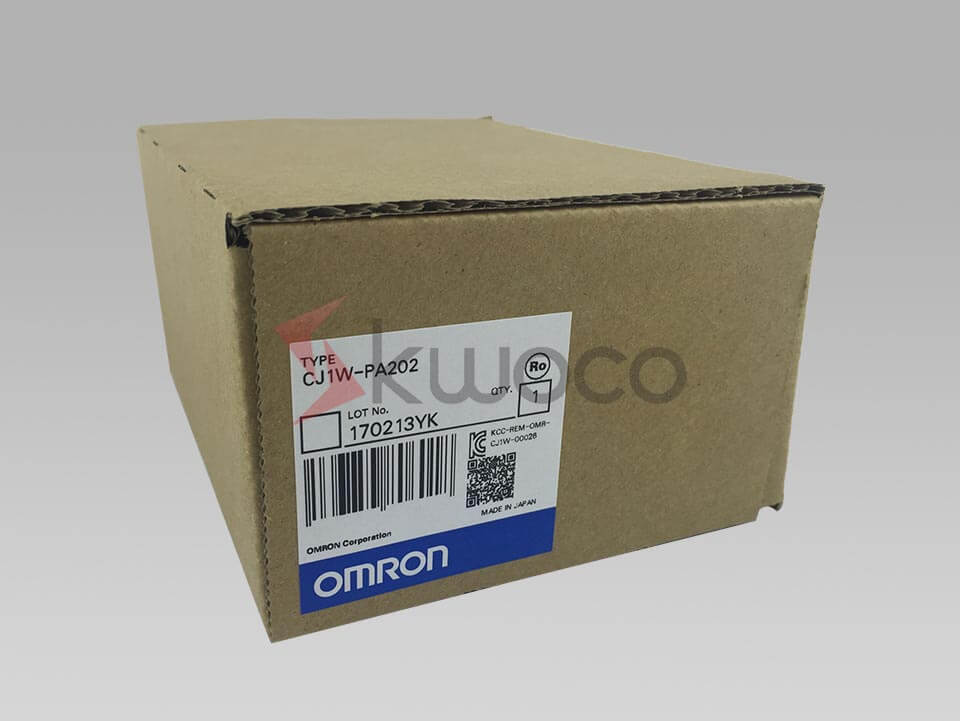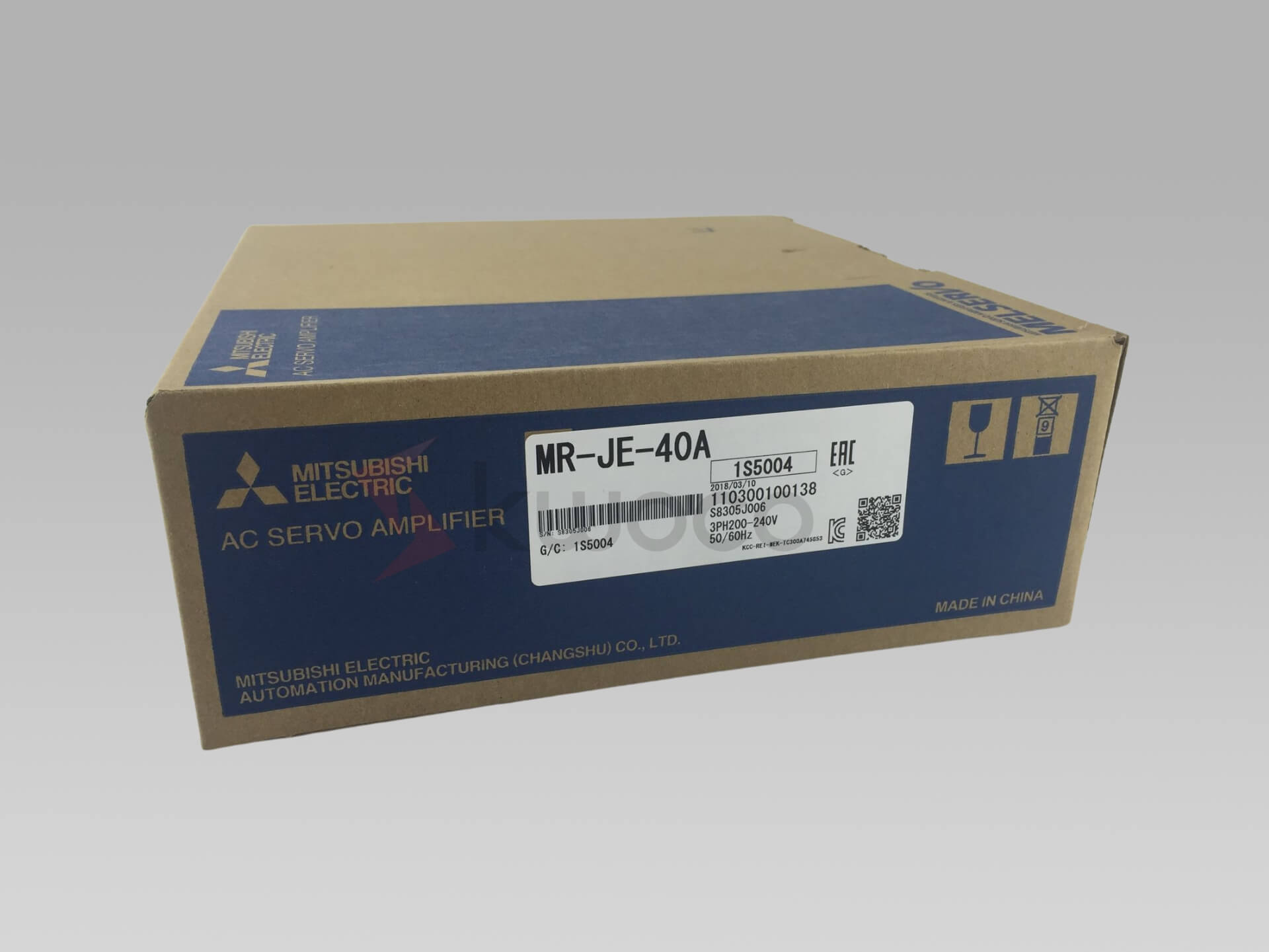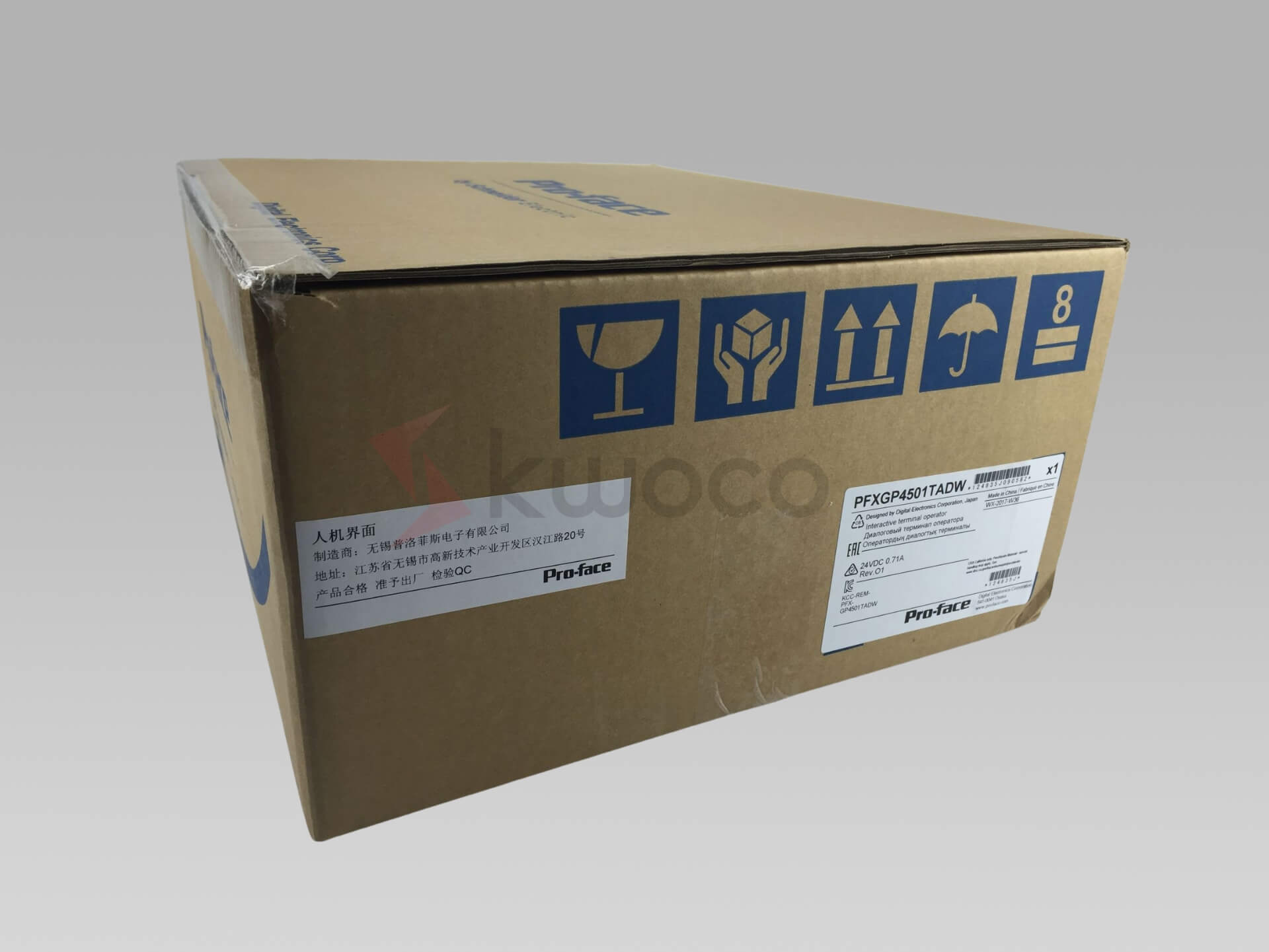PLC, SCADA ve DCS Arasındaki Farklar Nelerdir?
PLC, SCADA ve DCS'nin her biri farklı roller oynar. Aralarındaki farkları anlamak üretim süreçlerinizi optimize etmenize yardımcı olur. PLC, belirli işlemleri kontrol etmek için kullanılan bir Programlanabilir Mantık Denetleyicisidir; DCS, tüm bir fabrikayı kontrol etmek için uygun bir Dağıtılmış Kontrol Sistemidir; SCADA ise izleme ve veri toplama için kullanılan bir yazılımdır.
İçindekiler
Bu farklılıkları anlamak, daha bilinçli kararlar almanıza ve iş verimliliğinizi artırmanıza yardımcı olabilir. Her sistemin belirli işlevlerini ve uygulama senaryolarını daha derinlemesine inceleyelim.
PLC, SCADA ve DCS'yi Ne Kadar İyi Anlıyorsunuz?
PLC (Programlanabilir Mantık Denetleyicisi)
PLC, endüstriyel proses otomasyonu için özel olarak tasarlanmış bir dijital bilgisayar aygıtıdır. Giriş programları aracılığıyla bağlı çıkış aygıtlarını kontrol eder ve orta ila büyük ölçekli uygulamalarda yaygın olarak kullanılır. PLC'ler genellikle daha az giriş ve çıkış noktasına sahip sistemlerde kullanılır ve yüzlerce giriş ve çıkışı kontrol etmeye uygundur.
DCS (Dağıtılmış Kontrol Sistemi)
DCS, sürekli veya toplu üretim süreçleri için kullanılan özel bir sistemdir. Tüm fabrikanın otomasyon sürecini kontrol edebilen birden fazla güçlü PLC'den oluşur. PLC'ler tek başına tüm otomasyon sürecinin kontrol taleplerini karşılamaya yetmediğinde, daha fazla girdi ve çıktıyı desteklediği için bir DCS olmazsa olmaz hale gelir.
SCADA (Gözetimsel Kontrol ve Veri Toplama)
SCADA, endüstriyel kontrol sistemleri için kullanılan bir tasarım yazılımıdır. Operatörlerin tüm süreci grafiksel bir arayüz üzerinden görüntülemesine ve yerel kontrol modüllerine uzaktan erişip kontrol etmesine olanak tanır. Örneğin, Omron PLC SCADA yazılımı olarak CX-Supervisor'ı kullanırken, Mitsubishi PLC ise Uniware'i kullanıyor.
SCADA sistemleri sadece fabrikanın tüm proses parametrelerini izlemekle kalmıyor, aynı zamanda kullanıcıların önceden belirlenmiş değerleri değiştirebilmelerine de olanak vererek daha esnek bir kontrol sağlıyor.
Daha Fazla İlgili Soru
Küçük ve Orta Ölçekli İşletmeler İçin Hangisi Daha Uygundur: PLC mi, DCS mi?
Küçük ve orta ölçekli işletmeler için PLC'ler genellikle daha uygundur çünkü maliyet açısından daha uygundur ve dağıtımı kolaydır. Öte yandan DCS, son derece entegre ve karmaşık kontrol sistemlerine ihtiyaç duyan büyük işletmeler için idealdir.
SCADA Sistemlerinin Başlıca Avantajları Nelerdir?
SCADA sistemlerinin başlıca avantajları güçlü veri toplama ve izleme yeteneklerinde yatmaktadır. Tüm fabrikanın operasyonel durumunu gerçek zamanlı olarak izleyebilir, yanıt hızını ve karar verme verimliliğini artırabilirler.
PLC'lerin Bakımı ve Onarımı Nasıl Yapılır?
PLC'lerin stabil çalışmasını sağlamak için güç kaynağı ve bağlantı portlarını düzenli olarak kontrol edin, yazılım sürümlerini güncelleyin, programları zamanında yedekleyin ve toz ve nemin PLC'yi etkilemesini önlemek için ekipman ortamını temiz tutun.
SCADA Sistemlerinin Güvenliği Nasıl Sağlanır?
SCADA sistemlerinin güvenliği, güvenlik duvarları, şifreli iletişimler, erişim kontrolleri ve düzenli güvenlik denetimleri gibi çok katmanlı koruma stratejilerinin uygulanmasıyla garanti altına alınabilir. Bu önlemler yetkisiz erişimi ve olası siber saldırıları önlemeye yardımcı olur.
DCS Seçerken Hangi Faktörlere Dikkat Edilmelidir?
Bir DCS seçerken sistemin ölçeklenebilirliğini, uyumluluğunu, tedarikçi desteğini, yanıt süresini ve sistem kararlılığını göz önünde bulundurarak hem mevcut hem de gelecekteki üretim ihtiyaçlarını karşılayabilmesini sağlayın.
Projelerinize yepyeni, orijinal Omron, Mitsubishi, Schneider PLC'lerle güç katın - stokta, hemen kullanıma hazır!
Çözüm
PLC, SCADA ve DCS arasındaki farkları anlamak, endüstriyel otomasyon süreçlerini optimize etmenin anahtarıdır. Doğru sistemi seçmek yalnızca üretim verimliliğini artırmakla kalmaz, aynı zamanda kalite ve güvenilirliği de garanti eder. Herhangi bir sorunuz varsa, [email protected] adresinden bizimle iletişime geçmekten çekinmeyin. Size profesyonel teknik destek ve çözümler sunmaya kararlıyız.
Bize Ulaşın
Bu forma adınızı, e-posta adresinizi ve sorunuzun kısa bir açıklamasını girmeniz yeterlidir. 24 saat içinde sizinle iletişime geçeceğiz.
Bu Konuları da İlginizi Çekebilir
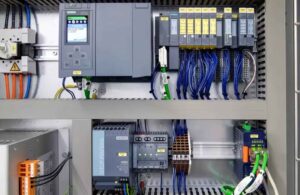
PLC Komut Hataları: Sorun Giderme Kılavuzu
Modern endüstriyel otomasyon alanında Programlanabilir Mantık Denetleyici (PLC) önemli bir rol oynar. Otomasyon sisteminin "beyni" olarak hizmet eder ve bir dizi kesin yönerge uygulayarak üretim sürecinin her aşamasını yönetir.
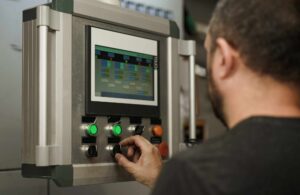
Endüstriyel Otomasyonda İnsan-Makine Arayüzlerinin Rolünün Açıklanması
Sürekli gelişen endüstriyel otomasyon dünyasında, insanlar ve makineler arasındaki bağlantı her zamankinden daha önemli hale geldi. İnsan-Makine Arayüzleri (HMI'ler), operatörlerin karmaşık endüstriyel sistemlerle sorunsuz bir şekilde etkileşim kurmasını sağlayan köprü görevi görüyor. Bu makale, HMI'lerin önemini, türlerini ve endüstriyel ortamlardaki geleceklerini araştırıyor. HMI'lerin süreçleri nasıl optimize ettiğini, insan hatasını nasıl azalttığını ve endüstriyel operasyonların geleceğini nasıl şekillendirdiğini keşfetmek için derinlemesine inceleyin.
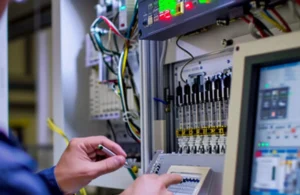
Ethernet ve Modbus: Fabrikanıza Hangisi En İyi Gücü Sağlar?
Üretim hattınızdaki çeşitli cihazları bağlamak için bir iletişim protokolü seçen bir satın alma yöneticisi olduğunuzu hayal edin. Yanlış olanı seçerseniz, proje gecikebilir ve ürün kalitesi etkilenebilir. Peki, hangi protokol ihtiyaçlarınıza daha uygun: Ethernet mi yoksa Modbus mu?

